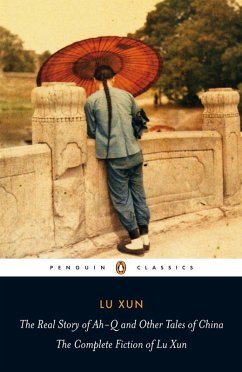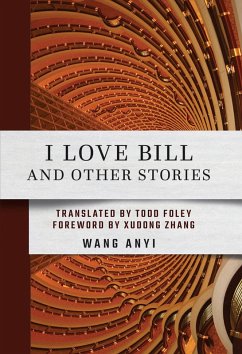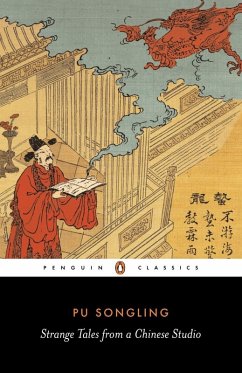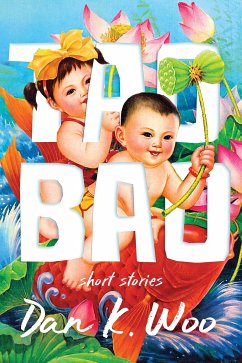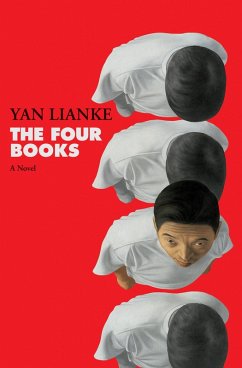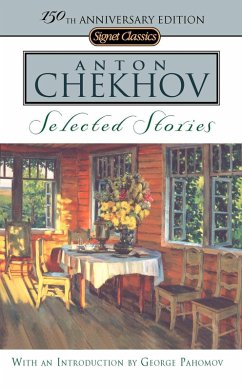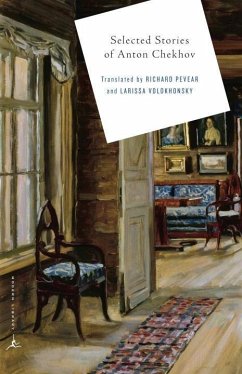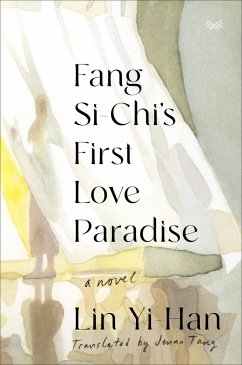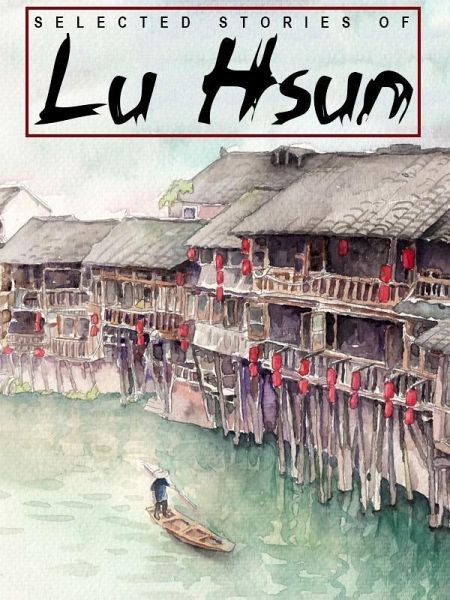
Selected Stories of Lu Hsun (eBook, ePUB)
Versandkostenfrei!
Sofort per Download lieferbar
1,99 €
inkl. MwSt.
Weitere Ausgaben:

PAYBACK Punkte
1 °P sammeln!
Lu Hsun (also known as Lu Xun), was the pen name of Zhou Shuren (1881-1936), a leading figure of modern Chinese literature. Writing in Vernacular Chinese as well as Classical Chinese, Lu Xun was a short story writer, editor, translator, literary critic, essayist, and poet. In the 1930s he became the titular head of the League of Left-Wing Writers in Shanghai. Lu Xun was born into a family of landlords and government officials in Shaoxing, Zhejiang; the family's financial resources declined over the course of his youth. Lu aspired to take the imperial civil service exam; but, due to his family'...
Lu Hsun (also known as Lu Xun), was the pen name of Zhou Shuren (1881-1936), a leading figure of modern Chinese literature. Writing in Vernacular Chinese as well as Classical Chinese, Lu Xun was a short story writer, editor, translator, literary critic, essayist, and poet. In the 1930s he became the titular head of the League of Left-Wing Writers in Shanghai.
Lu Xun was born into a family of landlords and government officials in Shaoxing, Zhejiang; the family's financial resources declined over the course of his youth. Lu aspired to take the imperial civil service exam; but, due to his family's relative poverty, was forced to attend government-funded schools teaching "Western education". Upon graduation, Lu went to medical school in Japan, but later dropped out. He became interested in studying literature, but was eventually forced to return to China due to his family's lack of funds. After returning to China, Lu worked for several years teaching at local secondary schools and colleges before finally finding a job at the national Ministry of Education.
After the 1919 May Fourth Movement, Lu Xun's writing began to exert a substantial influence on Chinese literature and popular culture. Like many leaders of the May Fourth Movement, he was primarily a leftist and liberal. He was highly acclaimed by the Chinese government after 1949, when the People's Republic of China was founded, and Mao Zedong himself was a lifelong admirer of Lu Xun's writing. Though sympathetic to socialist ideas, Lu Xun never joined the Communist Party of China.
Lu Xun was born into a family of landlords and government officials in Shaoxing, Zhejiang; the family's financial resources declined over the course of his youth. Lu aspired to take the imperial civil service exam; but, due to his family's relative poverty, was forced to attend government-funded schools teaching "Western education". Upon graduation, Lu went to medical school in Japan, but later dropped out. He became interested in studying literature, but was eventually forced to return to China due to his family's lack of funds. After returning to China, Lu worked for several years teaching at local secondary schools and colleges before finally finding a job at the national Ministry of Education.
After the 1919 May Fourth Movement, Lu Xun's writing began to exert a substantial influence on Chinese literature and popular culture. Like many leaders of the May Fourth Movement, he was primarily a leftist and liberal. He was highly acclaimed by the Chinese government after 1949, when the People's Republic of China was founded, and Mao Zedong himself was a lifelong admirer of Lu Xun's writing. Though sympathetic to socialist ideas, Lu Xun never joined the Communist Party of China.
Dieser Download kann aus rechtlichen Gründen nur mit Rechnungsadresse in A, D ausgeliefert werden.




